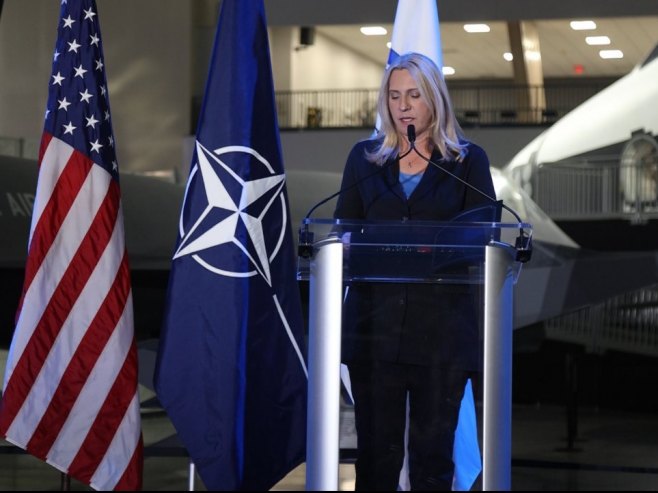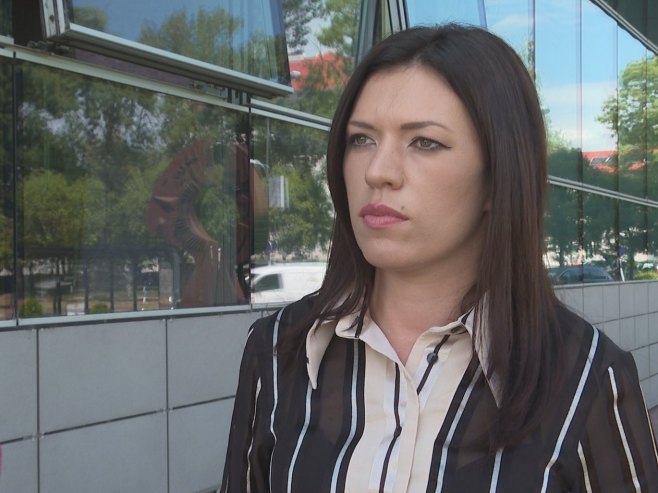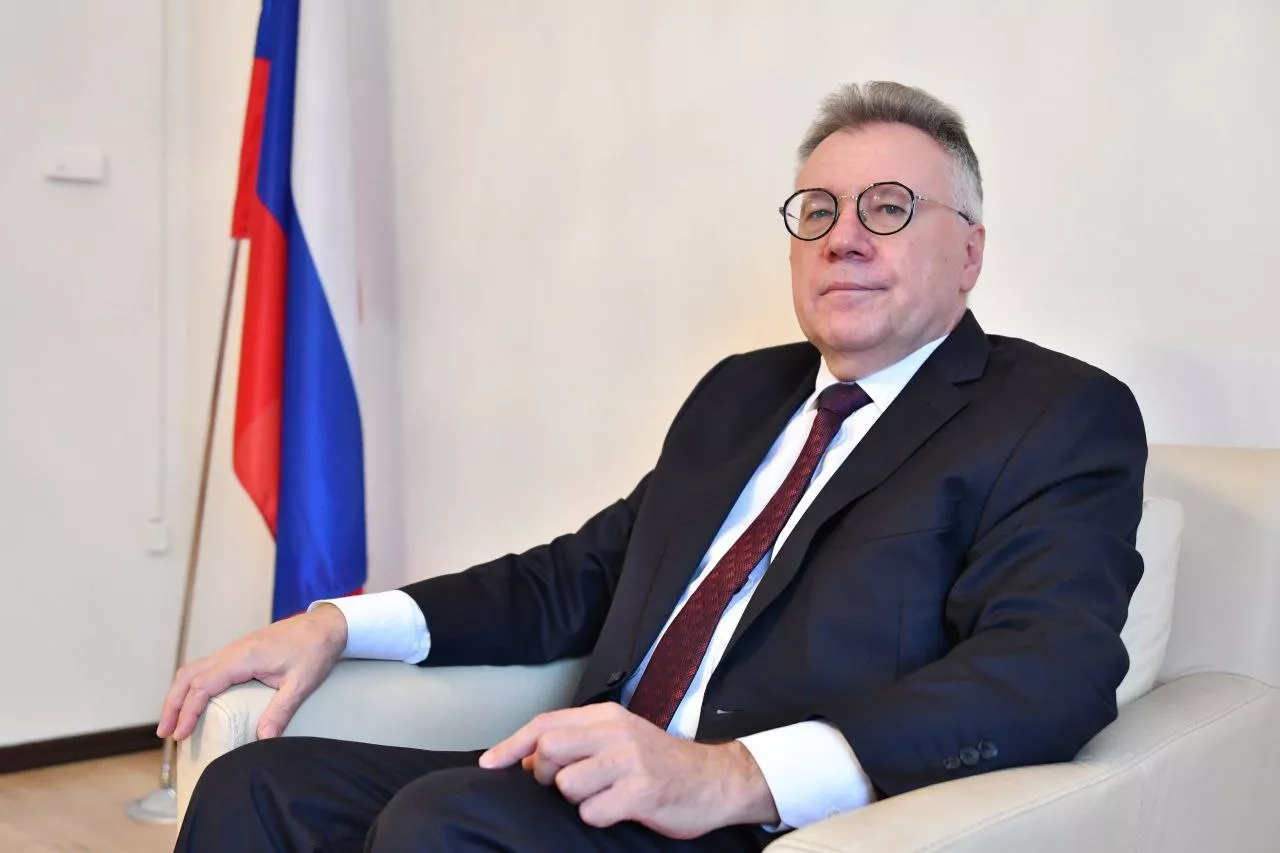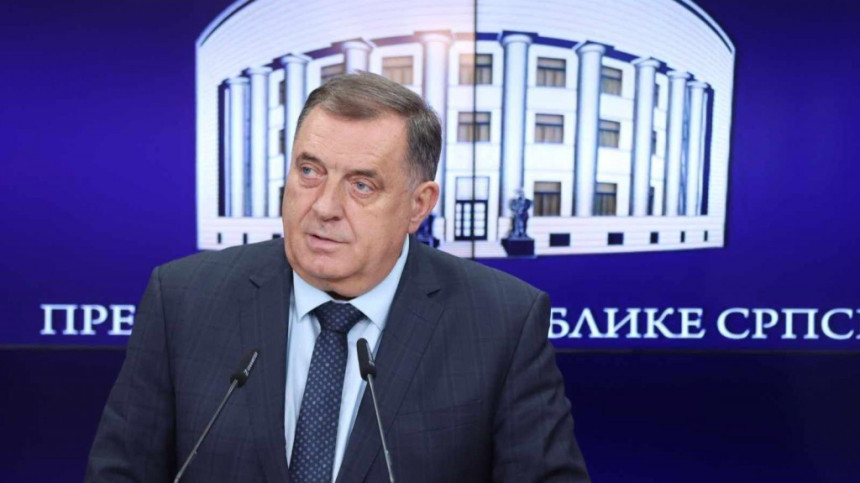Consensus and agreement among the three constituent peoples and two entities remain the only path toward a sustainable Bosnia and Herzegovina, which is why it is so important that Serb member and Chairwoman of the BiH Presidency, Željka Cvijanović, called for a return to the original Dayton Agreement—an agreement that embodies precisely that. The messages conveyed by Cvijanović represent the realpolitik pursued by Republika Srpska, in stark contrast to the positions of politicians from the Federation, said National Assembly President Nenad Stevandić. Analysts and international relations experts emphasized the significance of the remarks made by U.S. officials.
The messages long heard in Banja Luka were now heard in Dayton as well. From Ohio, where the General Framework Agreement for Peace was signed 30 years ago, Željka Cvijanović once again emphasized the position of Republika Srpska and its officials: adherence strictly to the letter—not the spirit—of the Dayton Agreement, as well as dialogue and agreements among domestic political actors.
– We can say that Cvijanović presented a pragmatic and realistic approach. The demands of Bosniak politicians are entirely unrealistic and support figures like Schmidt who are altering the Dayton Agreement, undermining the constitutional structure and the equality of peoples and entities, and pushing BiH back into instability and potential conflict – said Stevandić.
What is equally important, and was also heard in Dayton, is the approach that the new U.S. administration may take toward BiH. Bosnia and Herzegovina’s Ambassador to Serbia, Aleksandar Vranješ, noted the significance of the message that the U.S. will no longer interfere in internal matters and has called for dialogue and consensus among the three sides in BiH.
– Foreign interference, international interventionism, unilateral imposition of decisions, changes to laws, suspension of constitutions—this has all been harmful, and this administration is signaling that it will no longer engage in such actions. That is a very good message—such pressure can no longer be expected from their side – stated Vranješ.
International relations expert Luciano Kaluža noted that Cvijanović clearly articulated the core of BiH’s political crisis: the destructive influence of external actors.
– I believe this conference was a sobering moment for some political structures, especially in political Sarajevo, to realize that relying on foreign power and intervention to exert pressure on Republika Srpska—or even on Croats as a constituent people—is no longer a viable strategy – said Kaluža.
Consensus and agreement between the three peoples and two entities remain the only way forward for a viable BiH. Political analyst Vojislav Savić believes that political Sarajevo consciously avoids dialogue with Republika Srpska and its officials, which in the long run will bring nothing good to Bosnia and Herzegovina.
– All key points of a constructive approach were highlighted in this speech, which is highly significant. Judging by the statements of other officials attending the commemoration of the 30th anniversary of the Dayton Agreement, it seems the speech was well-received and is fully aligned with the speech delivered by the U.S. Deputy Secretary of State – added Savić.
He emphasized that Washington is indeed a relevant interlocutor with whom discussions must be held to preserve peace and establish dialogue for the benefit of all in BiH. However, Sarajevo must first recognize that Banja Luka is the first partner with whom such dialogue must begin.
Soruce: RTRS









